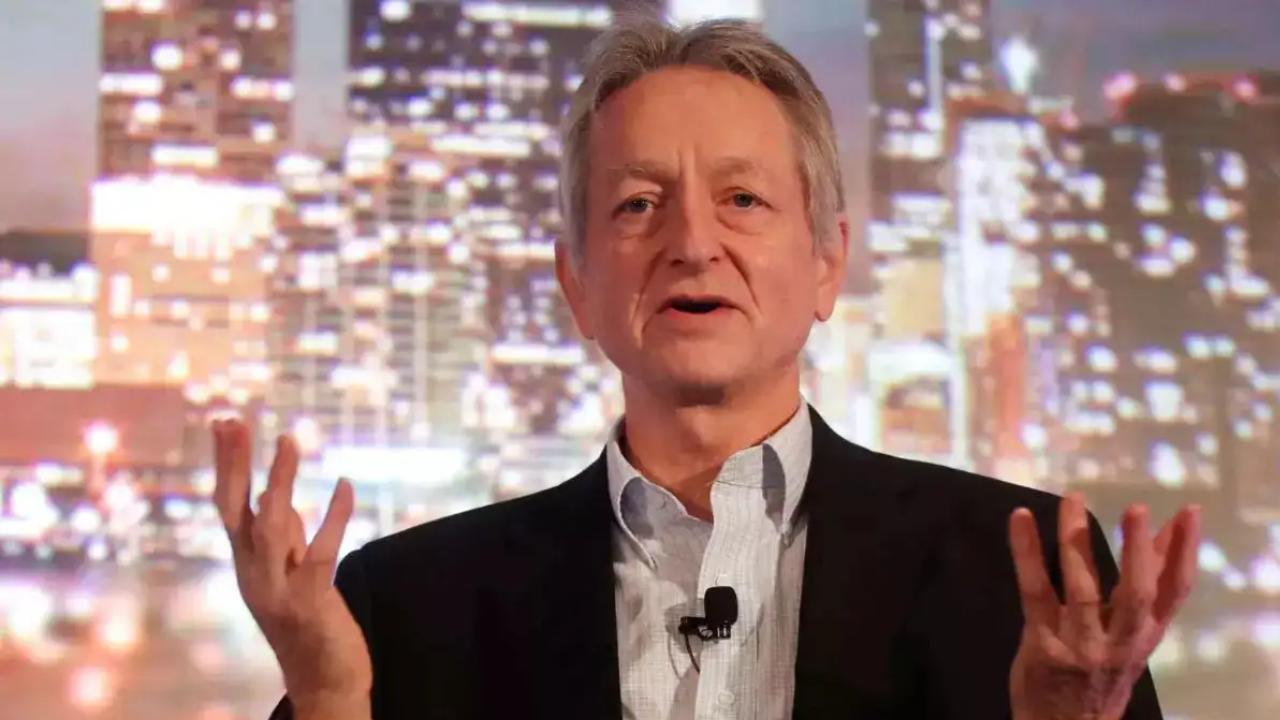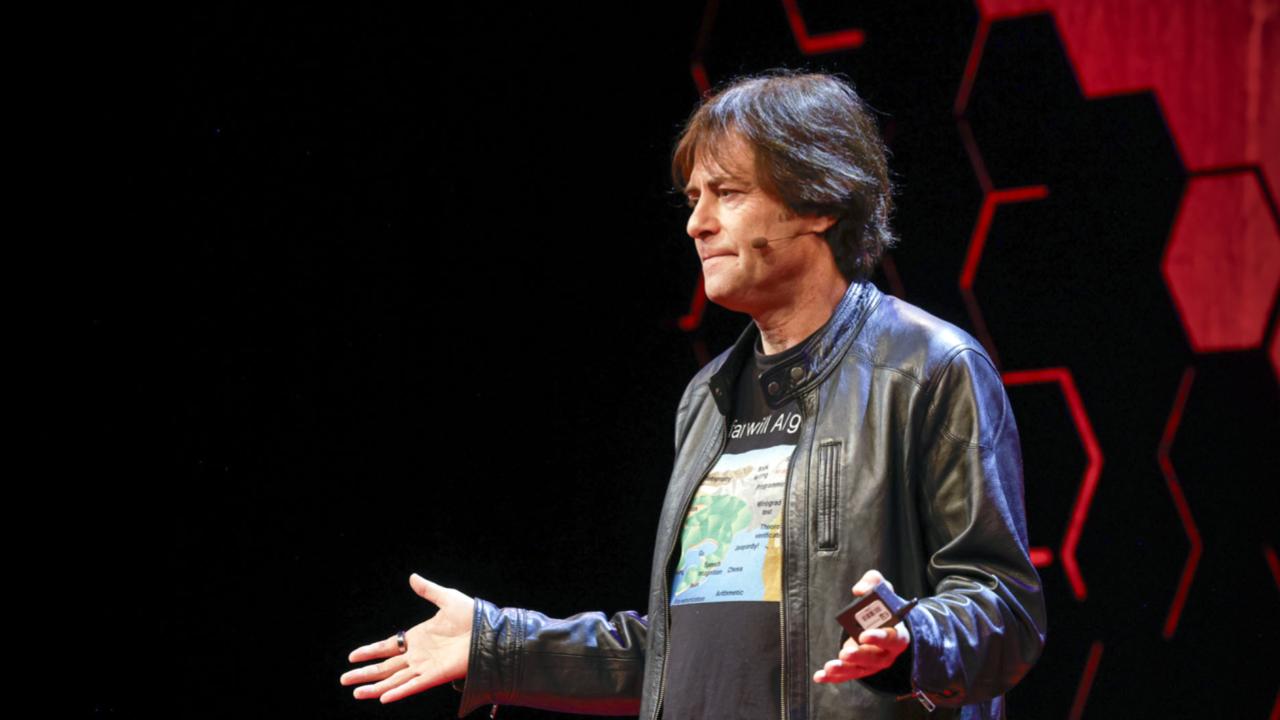Dr. Kirk Borne is the Chief Science Officer at DataPrime, Inc. He is a sought-after global speaker on topics ranging from data mining, data management, big data analytics, data science, machine learning, artificial intelligence, internet of things, data-driven decision-making, modeling & simulation of dynamic systems to emerging technologies, future of work, education, and science.
Prior to this role, he was the Principal Data Scientist, Executive Advisor and the first Data Science Fellow at Booz Allen.
Kirk is also Founder and Owner, Data Leadership Group LLC.
MDC-TV – 03/11/2022 (01:00:00)
https://www.youtube.com/watch?v=95JBMZN9AGg&ab_channel=MDC-TV
Dr. Kirk Borne, Chief Science Officer at Data Prime Inc. and founder of Data Leadership Group LLC, shares insights on the transformative impact of AI in this presentation, emphasizing its convergence with various digital technologies to fuel innovation, drive business value, and foster future job opportunities. His focus on the critical development and deployment of crucial skills and literacies underlines the pivotal role of data-driven revolution in shaping the future workforce.
OnAir Post: Kirk Borne











